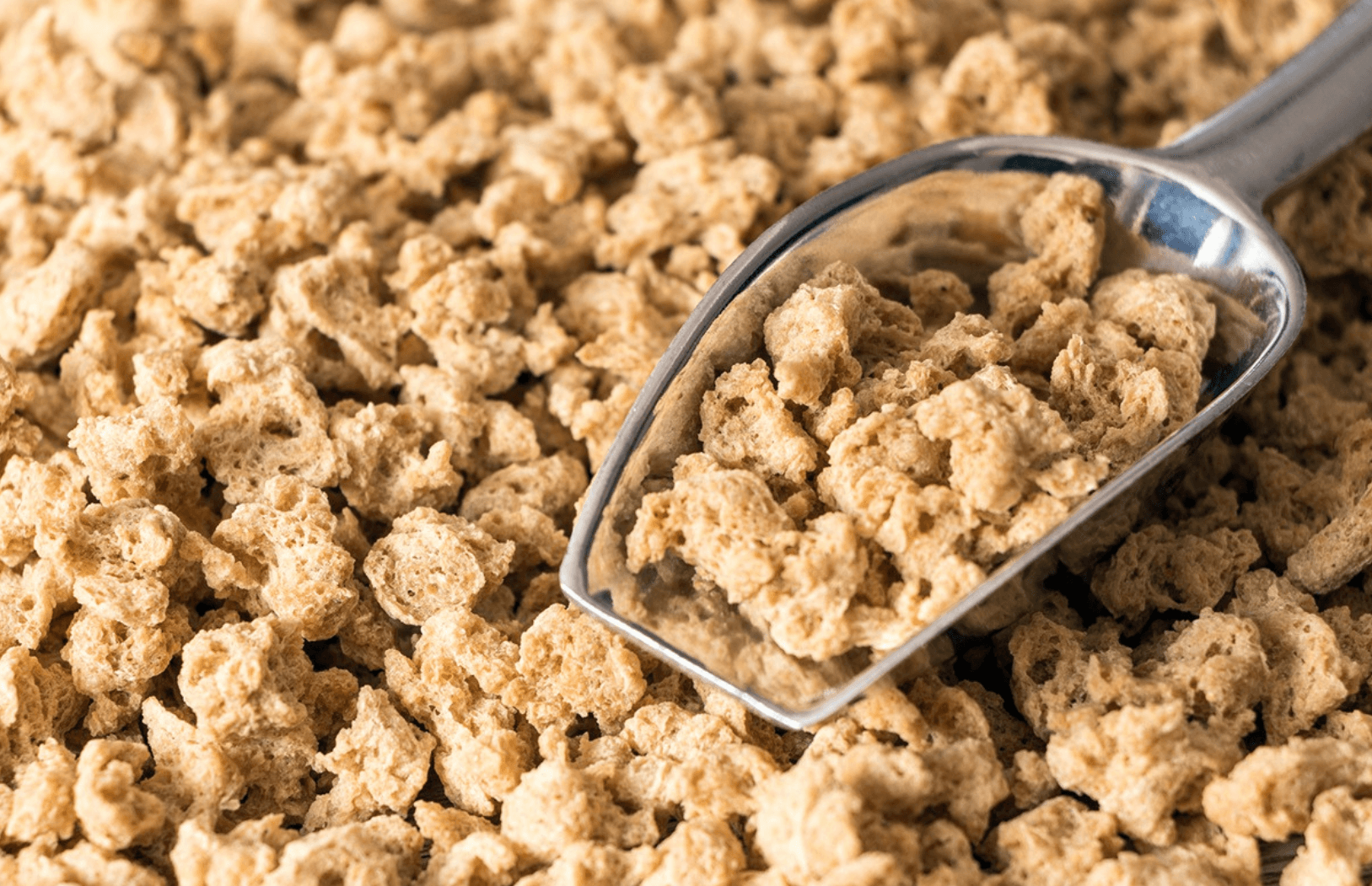The choice of cooking methods
When I step into the kitchen, I immediately consider the day's ingredients for my meal.
When I step into the kitchen, I immediately consider the day's ingredients for my meal. Next, I decide on the cooking method based on time constraints: steam them together for a one-pot meal, sauté and cook separately, or perhaps grill if time allows.
The focus has now changed from ‘we eat to live’ to ‘we live to eat’. Methods that make cooking easy as well as make food instantaneously tasty are sought for! Everyone is a chef ideating, using food ingredients to make the final dish exotic, tasty, and consumer-friendly. The versatility of the food ingredient makes it popular to play around with. For example, a potato could be steamed, baked, shallow fried, or toasted. Each method would bring out the flavor distinctly. The permutations and combinations of each food ingredient in different forms are infinite. When we cook, we focus on making food taste good, but we also consider what our body needs. The way we cook can affect both the taste and nutritional properties of the food we eat.
Primarily five methods of cooking have been explained in the Ayurveda classics:
Kukula (steaming)
Brashta (cooked in a vessel placed over an oven)
Kandu (placed inside a hearth)
Angara (placed over burning coal).
Pachana (baking)
In successive orders, the food gets lighter on digestion. Hence, food cooked by placing on burning coals is lighter on digestion as compared to when it is steamed. Interestingly, both the temperature and time of cooking increase as well. Steaming temperatures are approximately 165°F (74°C), while that of a vessel placed over an oven is around 350°F to 425°F (177°C to 218°C), food cooked in a tandoori oven is around 480°F to 900°F (250°C to 482°C), while that placed over burning coal reaches 2000°F (1000°C) with internal temperature of 165°F (74°C). [1-3]
This would suggest that the longer time the food ingredient is cooked, the lighter it gets on digestion as well as probably improving the taste of the food. It is important to remember here that these properties are relative to each other.
Now let us view this from an Ayurvedic perspective. According to Ayurveda, Jatharagni, or digestive fire, is categorized into four types based on its performance in human digestion (Cha. Chi. 15/51): Vishamagni, Tikshanagni, Mandagni, and Samagni. However, if an individual's Agni is tikshna (sharp or intense), vishma (irregular or variable), or manda (slow or dull) then modifying the cooking methods becomes an approach to alter the properties of the food ingredient. I’ll take the example of rice to explain this.
When rice is steamed it would be heavier on digestion as compared to when it is roasted in a vessel and then cooked. And if the rice is puffed using coal it would be the lightest on digestion. For instance, consider an individual with a robust digestive system (Tikshna Agni). For such an individual, steaming a grain like rice might be preferable over consuming puffed rice. Steamed rice, being heavier on digestion, aligns well with the strong digestive capabilities of Tikshna Agni, allowing the individual to derive optimal nutrition and energy from the food.
Conversely, consuming puffed rice, which is light on digestion, might not be the ideal choice for someone with Tikshna Agni. The quick digestion of puffed rice may not provide the sustained energy release that an individual with a strong digestive fire might benefit from.

Hence choosing cooking methods that slowly cook the food would be an excellent way to make it tastier as well as lighter on digestion. I think we could appreciate this difference between grilling meat on a charcoal pit as compared to steaming the meat.
Therefore, the new consideration for choosing cooking methods should not only be taste and time but also the Agni or the digestive capability of the person.
Want to know more about such concepts? Register for our course today! New batches are announced regularly.
Reference:
USDA Food Safety and Inspection Service: USDA Food Safety Education
FDA Food Safety:
Centers for Disease Control and Prevention (CDC): CDC Food Safety

International Environmental Education Day (January 26)
Jan 23, 2026
On International Environmental Education Day (January 26), we are reminded of a powerful truth: The future of our planet depends on what and how we teach today.
Read more

TDU VC Darshan Shankar pays tribute to Prof. Madhav Gadgil
Jan 9, 2026
Read more

Rethinking Periods: When Did Rest Become Restriction ?
Jan 8, 2026
Menstruation is one of the most natural processes of the female human body, yet it remains one of the most misunderstood. Across cultures-especially in India-it has been surrounded by silence, shame, and countless restrictions.
Read more

When a Baby Cries, the Body Speaks – Learning to Understand Your Child’s Silent Language
Jan 8, 2026
Children are often called a gift from God. When a baby is born, it feels like receiving a blessing
Read more

Plant Imperialists : The destructive case of Lantana camara
Jan 8, 2026
British gardening enthusiasts brought Lantana camara, a shrubby plant with spectacular inflorescence, to Kolkata around the 1800s. Surely, they enjoyed having colourful flowers around them and hoped to feel less homesick while they mass-occupied Indian land
Read more

Are Mock Meats Just a Modern Fad ?
Jan 8, 2026
“Mock meats” or meat analogues are often dismissed as a bizarre trend by many and countless memes have spawned from the internet’s apparent disdain for mock meats and their consumers.
Read more



